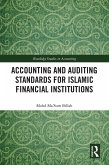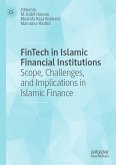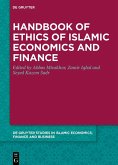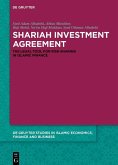Leveraging newly uncovered data spanning various regions of the Ottoman Empire, this work scrutinizes the dynamic functions of waqfs, revealing their significant imprint on today's financial paradigms. It advances existing scholarship by employing quantitative methodologies and systematic analysis of these emergent datasets, facilitating a sophisticated, longitudinal study of cash waqfs within the broader spectrum of historical interest rate trends and global credit markets. The chapters trace the transformation of waqfs from entities primarily holding immovable assets to those managing movable assets (cash waqfs), delineating their role in generating revenue for diverse purposes. These encompass funding state debts, fostering infrastructure development, and extending microcredit to economically marginalized segments of society. Additionally, the book explores the challenges and failures encountered in the transition of financial institutions during the Ottoman era, particularly in the context of the emergence of large public banks. The concluding segment of the book offers a comparative analysis of financial systems across various countries, including the shift from private to public banking in Italy, and contemplates the potential applicability of waqf models in contemporary microcredit initiatives and sustainable development strategies. This volume will appeal to scholars of financial history, economic history, Ottoman studies, and Islamic finance.
Mehmet Bulut is a Professor of Economics in the Faculty of Business and Management at Istanbul Zaim University, Türkiye.
Bora Altay is an Assistant Professor in the Department of Economics, Faculty of Political Sciences, Ankara Yildirim Beyazit University, Türkiye.
Cem Korkut is an Associate Professor in the Department of Economics, Faculty of Political Sciences, Ankara Yildirim Beyazit University, Türkiye.
Dieser Download kann aus rechtlichen Gründen nur mit Rechnungsadresse in A, B, BG, CY, CZ, D, DK, EW, E, FIN, F, GR, HR, H, IRL, I, LT, L, LR, M, NL, PL, P, R, S, SLO, SK ausgeliefert werden.









